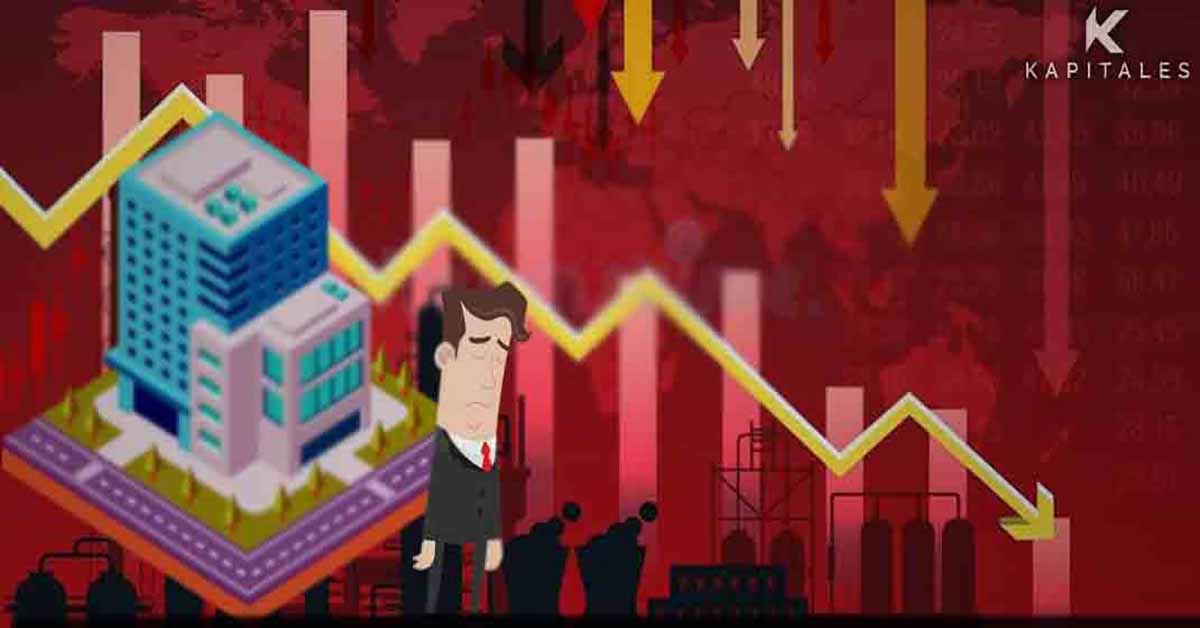
Market Alert: Global Markets May Rebound Amid Signs of U.S. Economic Resilience
1. OPEC nations have agreed to cut oil production, which is a reason to worry for many oil importers globally.
2. OPEC nations dominate the global oil and gas industry and control around 50% of the global oil supply. They decide the oil prices.
Oil and gas are major industries in the energy market and have a significant role in the global economy. Currently, this industry is amongst the most discussed topics worldwide following the recent decision made by OPEC+ countries to reduce oil production by 2 million barrels per day.
OPEC+ member states plan to cut production starting November 2022 after gathering for their meeting in Vienna headquarters. The Group said that the decision was based on uncertainty related to the global economy and oil outlook. Rising interest rates and a weakening global economy were the reasons for the reduction in oil production.
Following this announcement, brent crude prices improved. On 12 October 2022, Brent oil Futures currently stands at ~US$94.40.
Swissquote analyst Ipek Ozkardeskaya pointed out that this cut might backfire against OPEC+ if investors fear it will drive inflation higher and compel central banks to increase interest rates so the extent that it can result in recession.
On the other side, the impact of the oil product might impact the European countries, which are currently undergoing an energy crisis. It is possible that Europe may have to experience further trouble this winter with the OPEC+ member's decision to cut oil production.
With this backdrop, in this article, we will try to understand the significance of oil and gas in the global economy and how it will impact the global economy. But before that, let’s learn about crude oil.
Crude oil is a naturally liquid petroleum product that comprise of hydrocarbon deposits as well as other organic materials formed from animal and plant remains that lived millions of years ago. These organisms were covered by layers of sand, silt, and rocks and eventually turned into fossil fuel that is refined into a usable product like diesel, LPG, gasoline, and feedstock for the petrochemical industry.
As pointed out above, OPEC nations have decided to cut oil production, which can impact the prices in the coming days. The increase in oil prices will have a ripple effect on the broader economy. Rising oil prices mean higher gasoline prices at the pump, increased shipping cost, and increase input cost, which ultimately impacts the pockets of the common people.
At the same time, OPEC is looking to put a floor on its oil prices. US President Joe Biden visited Saudi Arabia in July in a bid to increase oil production. It will help to cool gasoline prices which could hurt the US economy when they reach sky-high. The US now feels that the ongoing development related to oil production cuts is against the Western interest. They are now thinking of reassessing the US alliance with Saudi Arabia.
The US and many OPEC clients are now looking to move away from oil into renewable energy sources. The US is also planning to revive the NOPEC bill, allowing the US to sue countries in the OPEC trying to limit the oil supply and increase oil prices.
Meanwhile, it is also in the news that the US government is planning to ease sanctions on Venezuela to allow Chevron Corp to pump oil into the country.
The crude oil price is determined by the demand and supply of the oil in the market. If the supply of oil is less compared to the demand, then the price will move up.
One of the factors which will cause prices to move up is the reduction in the oil production which we have discussed above. Another important factor which might impact oil prices in the coming days is the COVID-19 restriction in China. They are still focusing on a zero-COVID-19 strategy with lockdown in the country and travel restrictions in place, which will keep the prices in control.
Interestingly, China is the largest importer of oil in the world. With the ease in the lockdown in the country, we may expect to see further rise in the demand for oil and its cost.
Customer Notice:
Nextgen Global Services Pty Ltd trading as Kapitales Research (ABN 89 652 632 561) is a Corporate Authorised Representative (CAR No. 1293674) of Enva Australia Pty Ltd (AFSL 424494). The information contained in this website is general information only. Any advice is general advice only. No consideration has been given or will be given to the individual investment objectives, financial situation or needs of any particular person. The decision to invest or trade and the method selected is a personal decision and involves an inherent level of risk, and you must undertake your own investigations and obtain your own advice regarding the suitability of this product for your circumstances. Please be aware that all trading activity is subject to both profit & loss and may not be suitable for you. The past performance of this product is not and should not be taken as an indication of future performance.
Kapitales Research, Level 13, Suite 1A, 465 Victoria Ave, Chatswood, NSW 2067, Australia | 1800 005 780 | info@kapitales.com.au


Apr 08, 2023

Apr 07, 2023

Mar 20, 2023

Mar 16, 2023

Mar 08, 2023

Mar 02, 2023

Feb 24, 2023

Feb 16, 2023

Feb 09, 2023

Feb 07, 2023
Nextgen Global Services Pty Ltd trading as Kapitales Research (ABN 89 652 632 561) is a Corporate Authorised Representative (CAR No. 1293674) of Enva Australia Pty Ltd (AFSL 424494). The information contained in this website is general information only. Any advice is general advice only. No consideration has been given or will be given to the individual investment objectives, financial situation or needs of any particular person. The decision to invest or trade and the method selected is a personal decision and involves an inherent level of risk, and you must undertake your own investigations and obtain your own advice regarding the suitability of this product for your circumstances. Please be aware that all trading activity is subject to both profit & loss and may not be suitable for you. The past performance of this product is not and should not be taken as an indication of future performance.